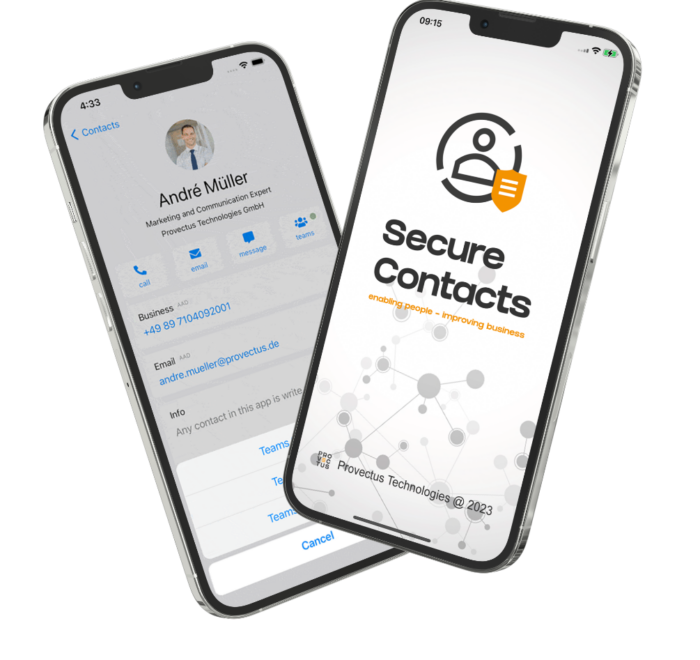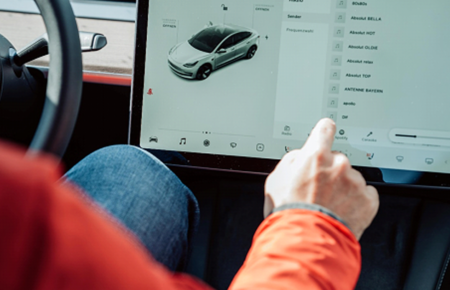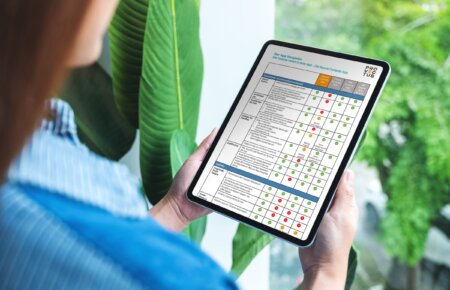
The digitization of the working world holds a host of new opportunities for companies and their employees. Mobile devices have long since become an integral part of everyday working life. The boundaries between work and private life are also becoming increasingly blurred. More and more companies are therefore offering their employees scenarios that allow private use of business devices. Whether it’s Bring Your Own Device (BYOD) or Corporate Owned Private Enabled (COPE), the benefits for users pose considerable risks for companies in terms of data protection. As the number of devices increases, so does the number of mobile applications on smartphones and the like.
The undisputed number one among apps is the messenger service WhatsApp. No wonder, because WhatsApp enables quick and easy communication. Many sales employees therefore use WhatsApp not only to communicate with family and friends, but also to get in touch with customers and colleagues in an uncomplicated way. They are often unaware that they are violating GDPR guidelines in the process.
What should be considered when it comes to data protection on the company cell phone? We clarify!













